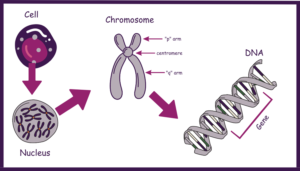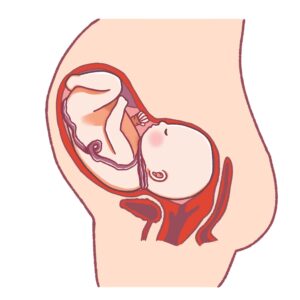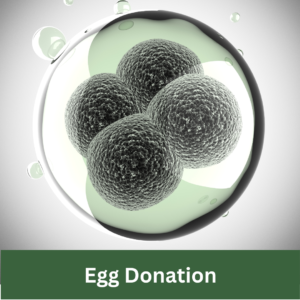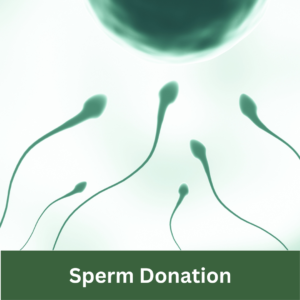Our medical articles on surrogacy and egg donation explore a wide range of topics at the intersection of medicine and fertility. From complex conditions like ectopic pregnancies and endometriosis to advanced reproductive technologies like Preimplantation Genetic Testing (PGT), we aim for a thorough understanding without overwhelming jargon. We also explore if PGT is necessary with donor eggs. Shedding light on genetic anomalies and common reproductive health concerns, we simplify complex terms, making IVF procedures, hormone functions, and blood types easier to grasp. Explore the medical aspects of surrogacy and other topics below for more insights.
Genes are inherited from our parents. We receive one gene copy from each parent (one from the egg and one from the sperm). When the sperm fertilizes an egg, the two strands combine. This set of...
What is a Miscarriage? A miscarriage is a spontaneous pregnancy loss before the 20th week of gestation. A miscarriage can happen for many reasons, including: Problems with the baby’s chromosomes...
What is an Ectopic Pregnancy? Fertilization normally occurs in the fallopian tube, and then the smooth muscle contractions and the ciliary beat within the fallopian tubes assist the fertilized egg...
BRCA is a name derived from the abbreviation “Breast Cancer gene.” Breast Cancer gene 1 (BRCA) and Breast Cancer gene 2 (BRCA) have been found to influence a person’s chance of developing breast...
In vitro fertilization is sometimes a foreign language. Aneuploid embryos, Gonadotrophin-Releasing antagonists, oocytes, and intracytoplasmic sperm injects can hardly be considered everyday words! ...
A nuchal cord is a medical condition where the umbilical cord becomes wrapped around the baby’s neck during pregnancy or labor. The term ‘nuchal’ originates from the Latin word...

















